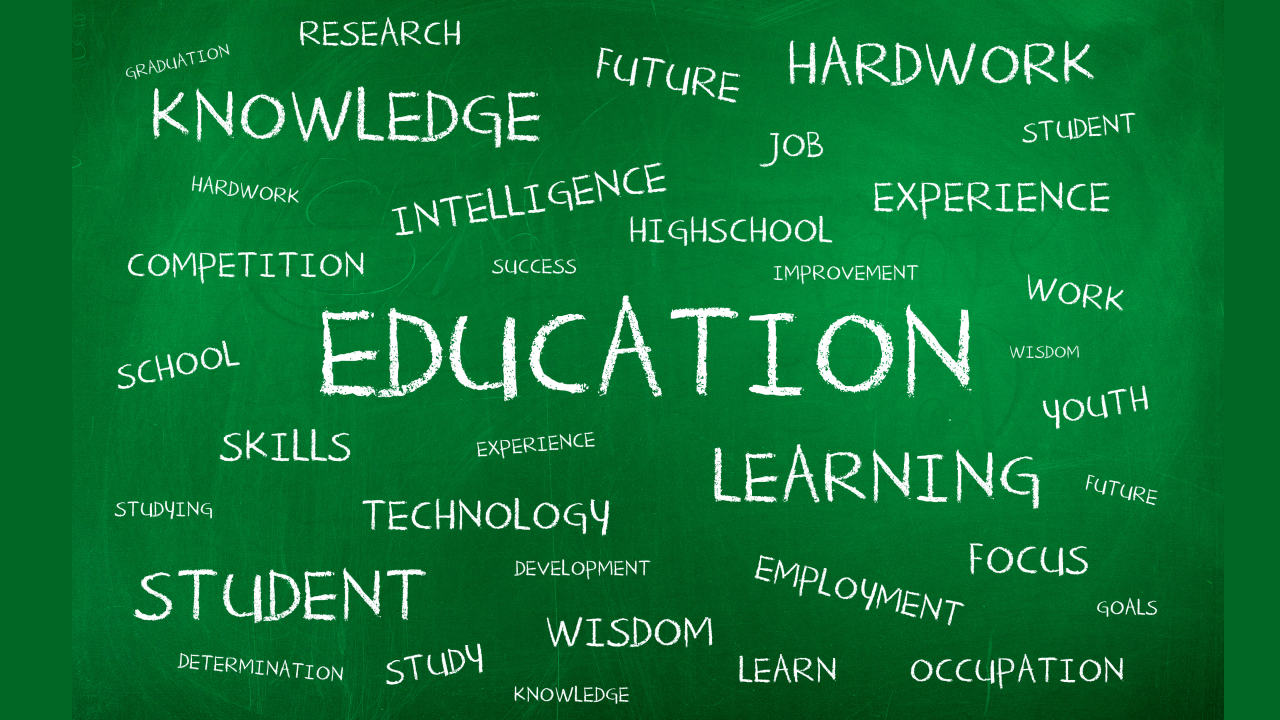Welcome to ECS Global, an EduCollab Organization headquartered in India. At ECS Global, we believe in the power of education, collaboration, and innovation to shape a brighter future. Our mission is to unite diverse entities within the education ecosystem, recognizing that tackling complex problems requires collective effort rather than isolated endeavors.
Bengaluru
+91 77602 44268
The National Education Policy 2020 (NEP) has the potential to bring about a significant transformation in the Indian education system. With its comprehensive vision and focus on holistic development, the NEP aims to address the challenges and gaps in the existing education framework. Here are some key ways in which the NEP is expected to transform Indian education:
1. Emphasis on Holistic Development: The NEP recognizes the importance of holistic development by shifting the focus from rote learning to a multidisciplinary approach. It aims to foster critical thinking, creativity, and problem-solving skills among students, enabling them to become well-rounded individuals.
2. Early Childhood Education: The NEP lays strong emphasis on early childhood education, considering it as the foundation for a child’s development. It advocates for the universalization of quality early childhood education, ensuring that children receive a strong educational base right from the beginning.
3. Flexibility and Multidisciplinary Education: The NEP promotes flexibility in choosing subjects, allowing students to explore diverse areas of interest. It encourages a multidisciplinary approach, enabling students to study a combination of subjects from different streams, fostering a broader understanding and application of knowledge.
4. Integration of Technology: Recognizing the role of technology in education, the NEP emphasizes the integration of technology in teaching and learning processes. It envisions the use of digital resources, online platforms, and adaptive learning techniques to enhance the quality of education and make it more accessible.
5. Vocational Education and Skill Development: The NEP emphasizes the integration of vocational education from an early stage, aiming to equip students with relevant skills for employability. It promotes the establishment of vocational education institutions and encourages internships and experiential learning to bridge the gap between education and industry requirements.
6. Teacher Training and Professional Development: The NEP recognizes the critical role of teachers in shaping the education system. It emphasizes the need for teacher training programs, continuous professional development, and the adoption of innovative teaching practices. This focus on teacher empowerment is expected to enhance the overall quality of education.
7. Promoting Research and Innovation: The NEP aims to create a research-oriented education system by promoting scientific temper, innovation, and research skills. It envisions the establishment of research centers, collaborations between academia and industry, and increased funding for research and development in various disciplines.
8. Inclusive Education: The NEP strives to ensure inclusive education for all, regardless of socioeconomic background, gender, or disability. It emphasizes the integration of children with special needs into mainstream schools and the provision of necessary support and accommodations to ensure equal access to quality education.
9. Focus on Assessment Reforms: The NEP advocates for a shift in assessment methodologies, moving away from high-stakes exams towards a more comprehensive and continuous evaluation system. It aims to assess students’ holistic development, critical thinking abilities, and conceptual understanding rather than rote memorization.
Overall, the National Education Policy 2020 has the potential to bring about a transformative change in the Indian education system by focusing on holistic development, flexibility, skill enhancement, technology integration, and inclusive practices. It sets a comprehensive framework to prepare students for the challenges of the 21st century and to promote a culture of lifelong learning.
2023 © ECS Global. All rights reserved.
